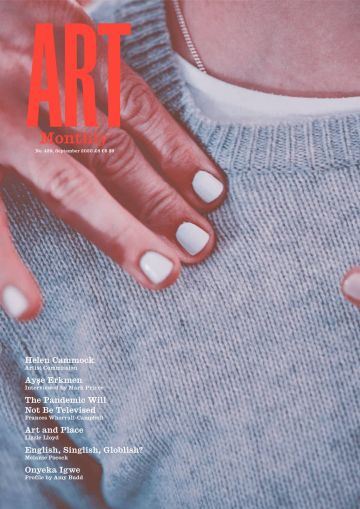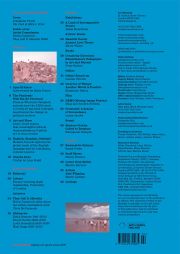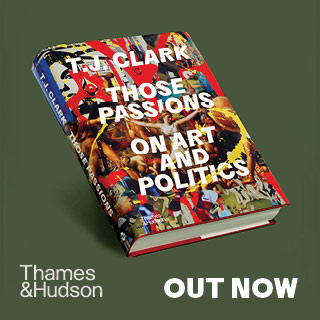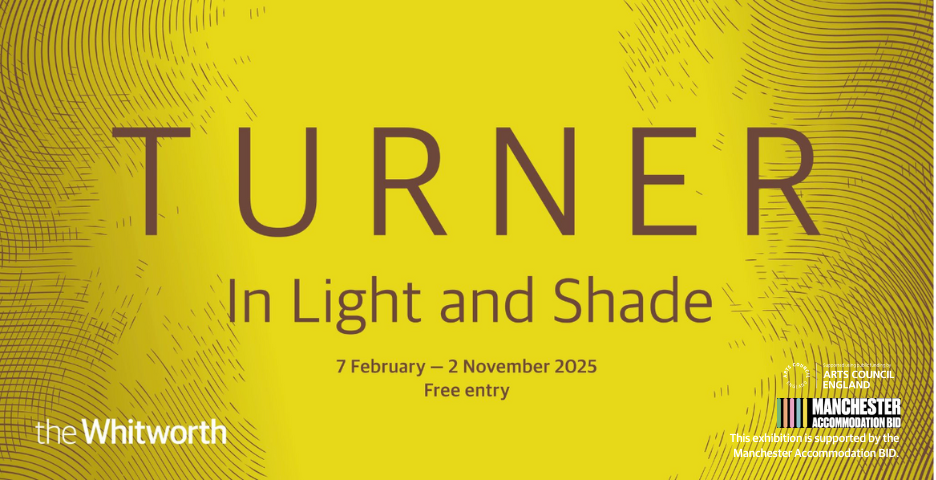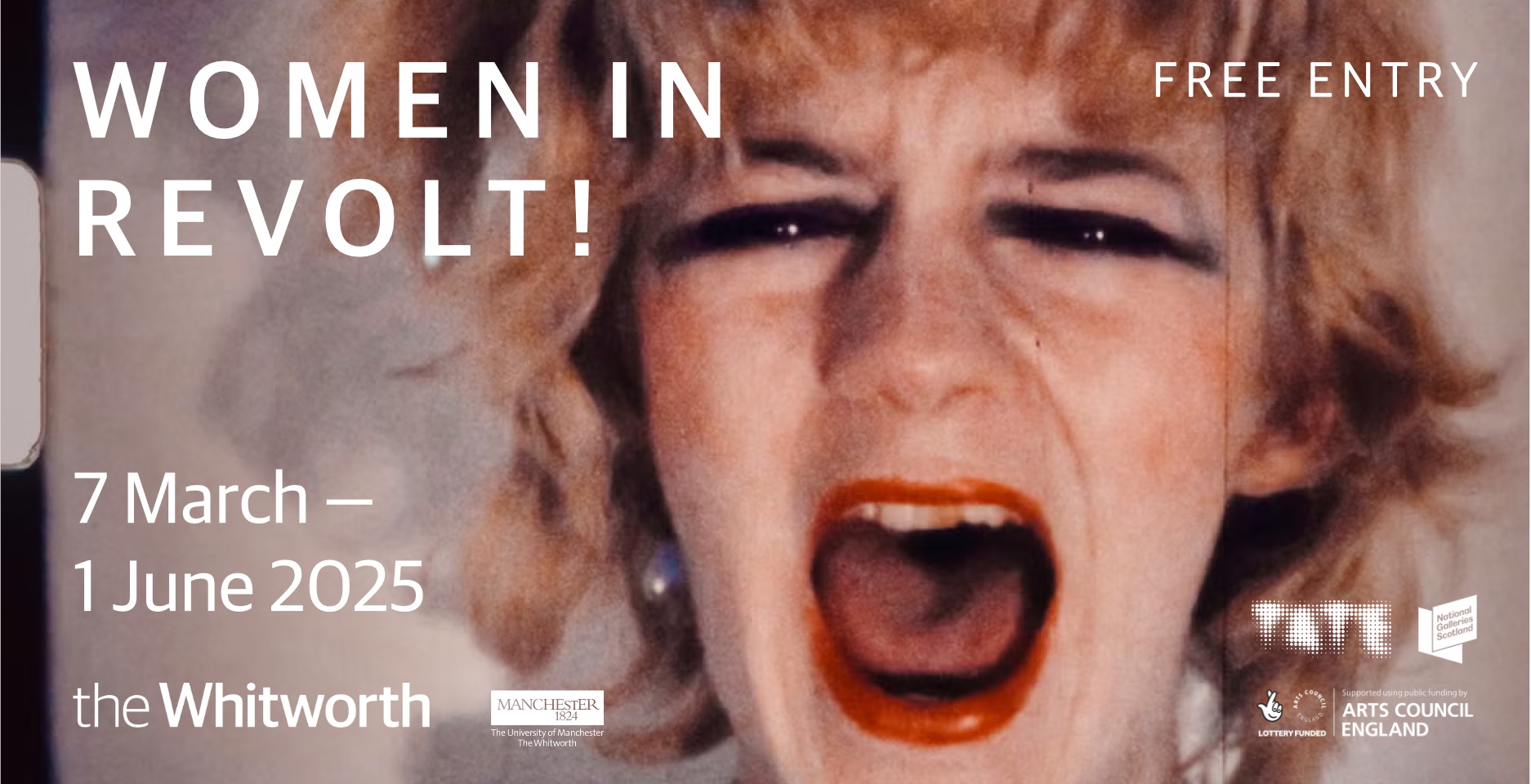Art Monthly 439
September 2020
Ayse Erkmen
Interviewed by Mark Prince
The Pandemic Will Not Be Televised
Frances Whorrall-Campbell
Art and Place
Lizzie Lloyd
English, Singlish, Globlish?
Melanie Pocock
Buy Now – select:
Want to read this right now?
Get instant access to the entire back catalogue via Exact Editions from only £8.99!
Contents
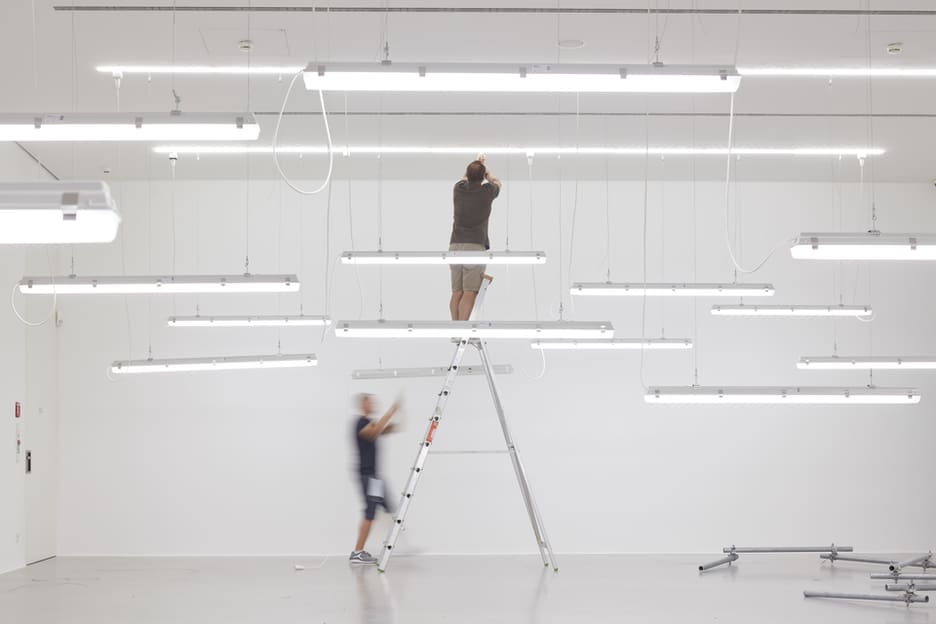
Ayse Erkmen, The House, 1993/2020
Feature
The Necessary Idea
Ayse Erkmen interviewed by Mark Prince
I try to put myself in a situation in which I could not have done otherwise. I arrive at the necessary idea. The situation calls for an emergency action.
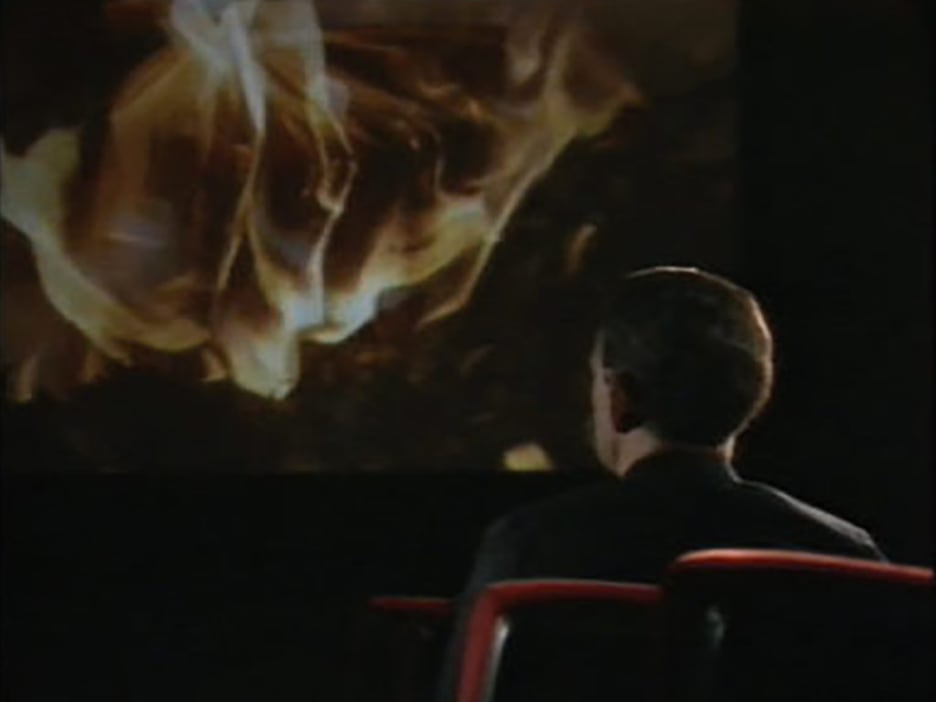
Stuart Marshall, Bright Eyes, 1984
Feature
The Pandemic Will Not Be Televised
Frances Whorrall-Campbell surveys how pandemics from the AIDS crisis to Covid-19 have been televised, questioning the change in political motives
Whereas in Bright Eyes Stuart Marshall brings an array of source material together to question the given status of the image, Grayson’s Art Club presents a hermetically sealed facade which hides the mechanics of the show’s construction from view.
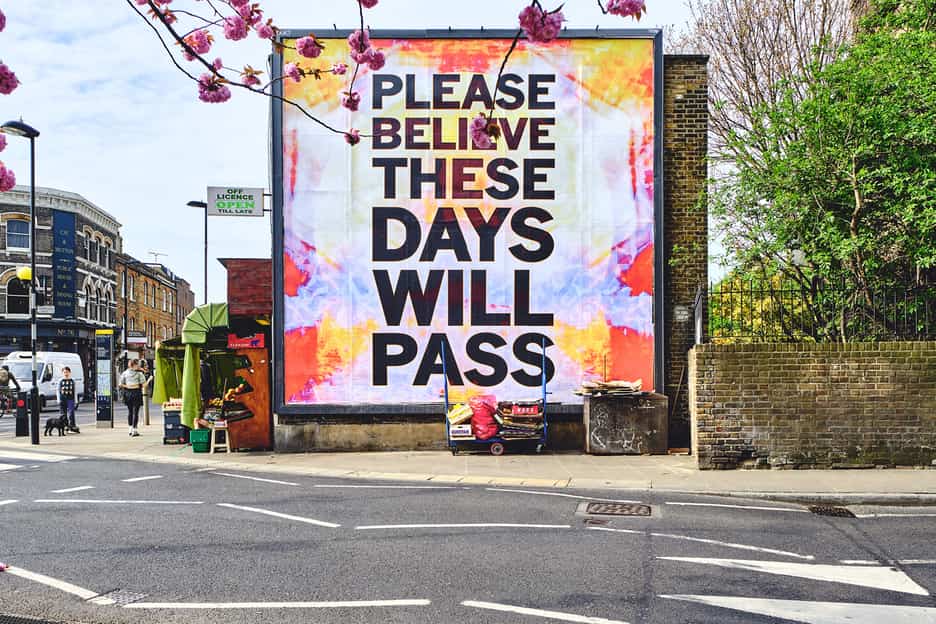
Mark Titchner, Please believe these days will pass, 2020
Feature
Art and Place
Lizzie Lloyd argues that meaningful cultural democratisation of public art is long overdue
As sceptical as I am of the idea that a sense of place can be imposed, it can nonetheless encourage a reappraisal of people’s participation in the present, which Boris Groys describes as ‘a site of the permanent rewriting of both past and future’.
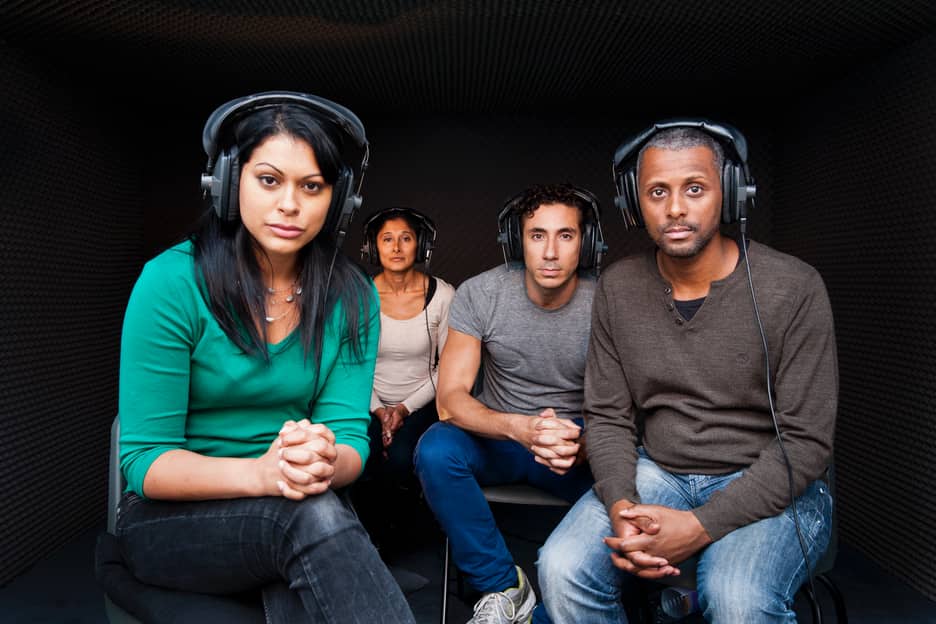
Nicoline van Harskamp, English Forecast, 2013
Feature
English, Singlish, Globlish?
Melanie Pocock explores the global reach of the English language and its continuing colonial legacies
Regularly immersing ourselves in different accents and languages would train us to better recognise the phonetic nuances and linguistic origins of English dialects and variants. Practising these habits would invariably foster greater empathy for speakers of non-standard forms of English.
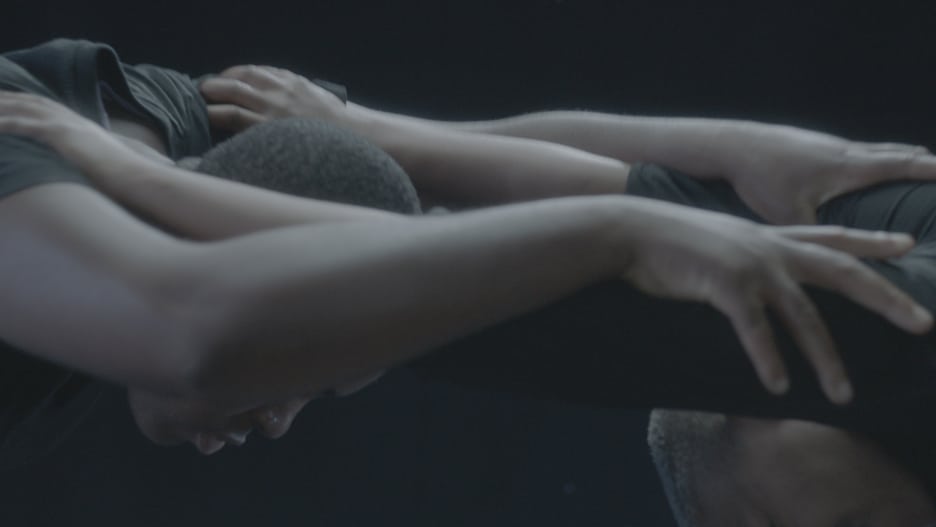
Onyeka Igwe, the names have changed, including my own and truths have been altered, 2019
Profile
Onyeka Igwe
Amy Budd on the British filmmaker’s restitution of her family’s Nigerian history through a reworking of colonial-era archives
Onyeka Igwe critically renegotiates the objective stance imposed by the Colonial Film Unit footage on native people, whose legibility was fixed as specimens of race and culture rather than individual subjects, by privileging her own embodied response to the spectre of the colonial gaze.
Editorial
A is for Algorithm
The government’s disastrous handling of exam results, which had been handed over to the kind of big-data algorithm that Dominic Cummings is so fond of, revealed the deep-seated social injustice behind Boris Johnson’s populist rhetoric.
This is a form of ‘tall poppy syndrome’, cutting down people of talent and ability who stand out from their surroundings, while levelling up those from advantaged backgrounds – a clear case of negative social engineering.
Letter
Goldsmiths’ Blindspots
Goldsmiths lecturers express dismay at cuts that disproportionately affect staff from marginalised groups
The college is set to be down nearly 40% of its teaching capacity if it continues on this path, saving an arguably inconsequential 7% of its annual budget and losing almost everything else as a result.
Artnotes
Culture Rescue
After the government announced its £1.57bn Culture Recovery Fund, the Tory chair of the DCMS select committee despairs that help has come too late; ACE awards its Emergency Response Funds to over 10,000 artists and organisations; Tate staff strike after the gallery announces hundreds of redundancies; artists in Belarus join the national strike against election-rigging President Alexander Lukashenko; Bristol mayor Marvin Rees puts Marc Quinn’s opportunistic sculpture in its place; President Donald Trump issues an executive order that could hit anti-monument protesters with ten-year jail sentences; plus the latest on galleries, people, prizes and more.
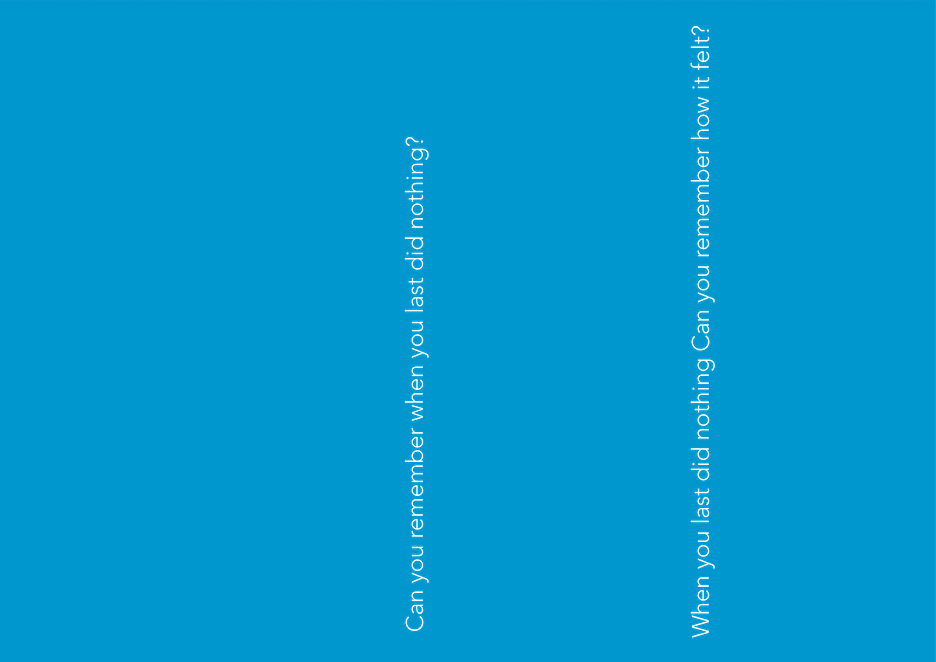
Helen Cammock, They Call It Idlewild, 2020
Inside Cover Commission
They Call It Idlewild
Helen Cammock talks about her artist commission with Chris McCormack
Labour has shifted for some, but we are still tied to capital, to labour. So what we might consider the freedom of the mind and the body continues unchanged – we are still locked into a space where idleness is contested and elusive.
Obituaries
Keith Sonnier 1941–2020
Lydia Yee
Brigid Berlin 1939–2020
Gilda Williams
Lotty Rosenfeld 1943–2020
Chris McCormack
Matt Rugg 1935–2020
Jon Wood
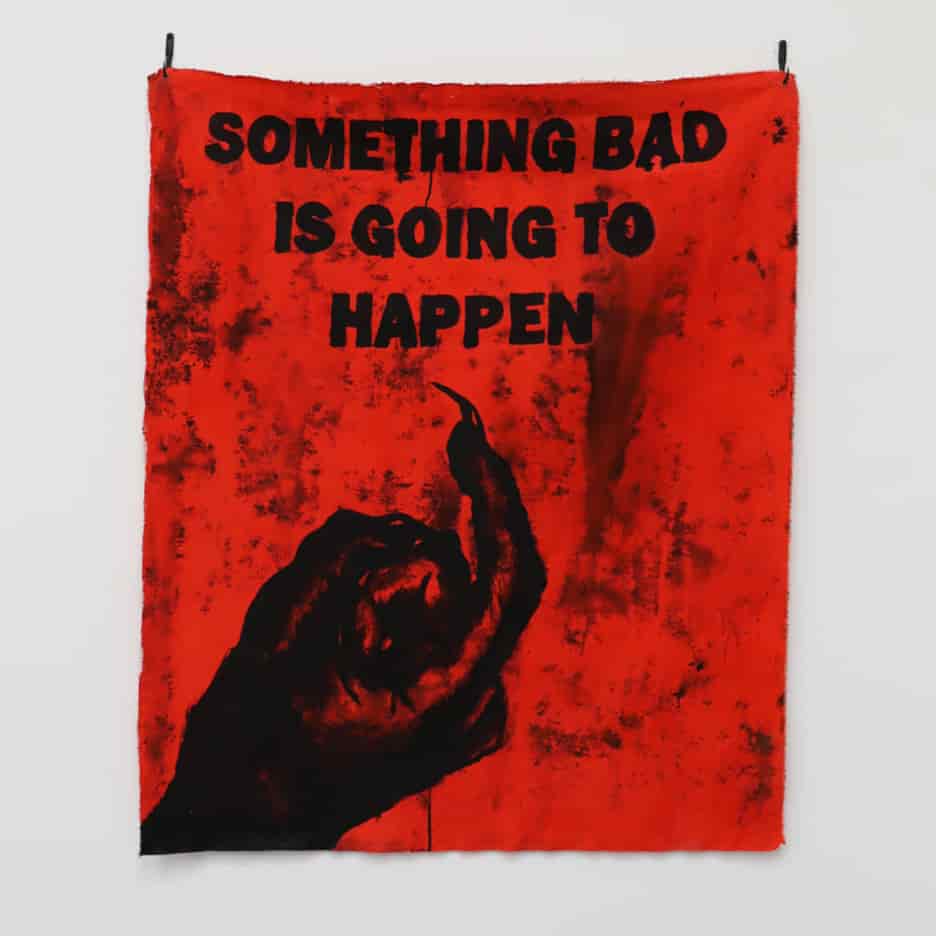
Allan Gardener, Something Bad, 2019
‘A Land of Incomparable Beauty’, Collective Ending HQ
Exhibitions
A Land of Incomparable Beauty
Adam Heardman
The exhibition’s target is the nationalist vision of England as a bucolic paradise, autochthonic and self-sufficient. The implicit argument put forward is that this idyllic, scepter’d isle self-image is a root cause of the UK’s recent messy and myopic actions in the world of geopolitics.
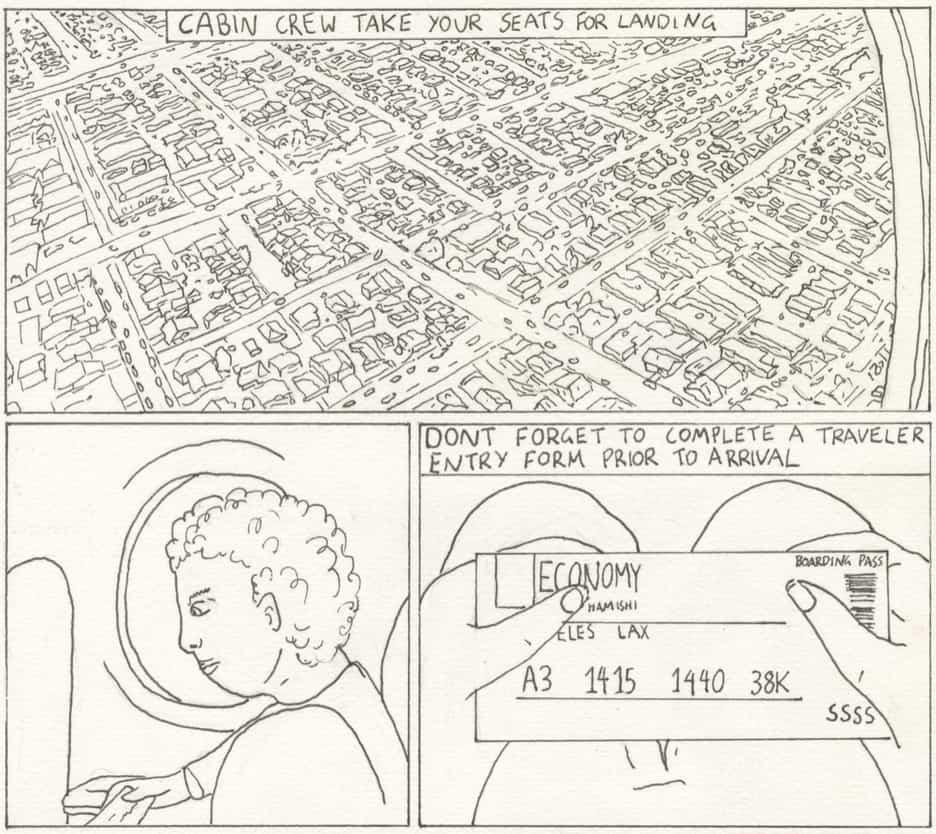
Hamishi Farah, Airport Love Theme, 2020
Artists’ Books
Hamishi Farah: Airport Love Theme
Maria Walsh
Hamishi Farah tells us that this is their third time being refused entry to the US, a repetition that shows how the art world credentials of transnational mobility do not extend to artists of colour on the lower echelons of the system.
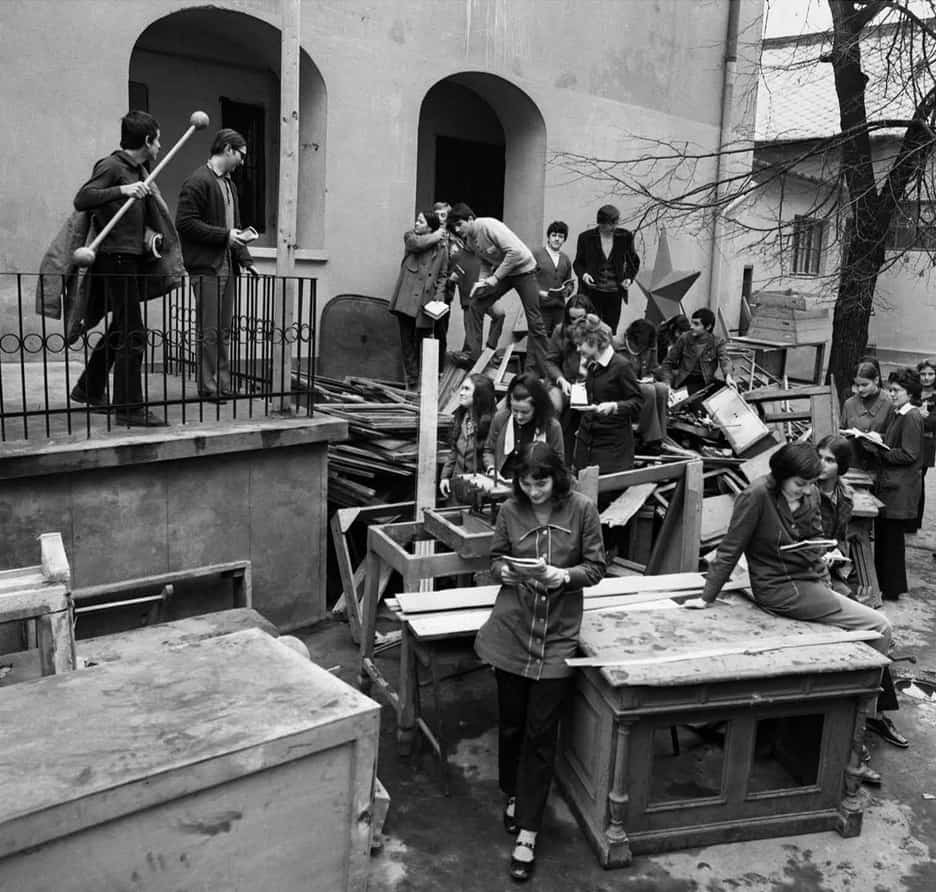
Tamas Urban, Istvan Dobo Secondary School, Eger, 1972
Books
Creativity Exercises: Emancipatory Pedagogies in Art and Beyond
Peter Suchin
‘Productivity’ was what the state believed art should encourage and support, and it is in a sense unfortunate that Miklos Erdely and Dora Maurer’s critical interrogation of their local Communist cultural norms is still more than merely a little relevant today.
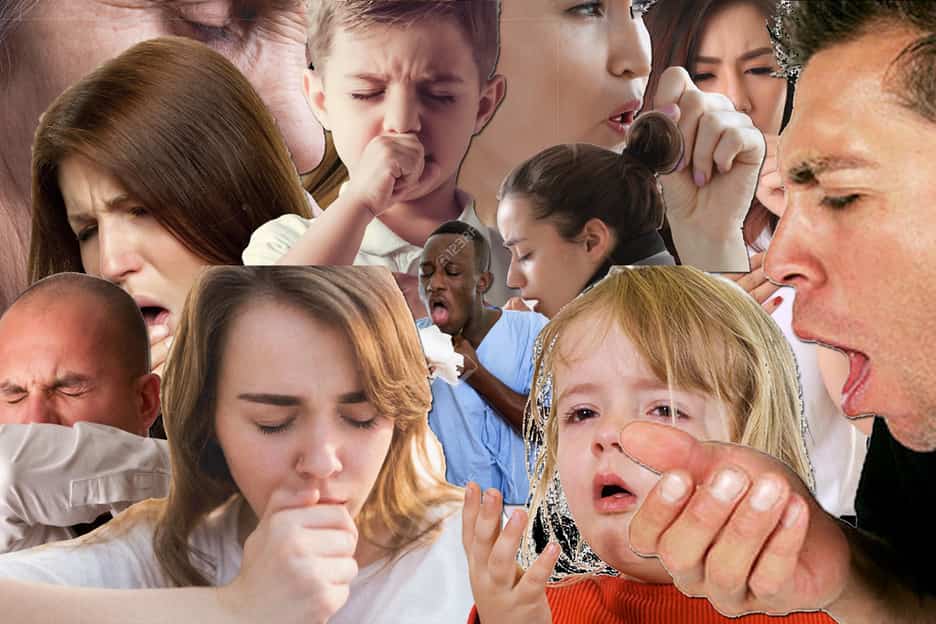
Matthew de Kersaint Giraudeau, Coughing, 2020, part of ‘Lan Gwuhj Geimz’ on the Open School East website
Online
Online Round-up
Lauren Velvick
Distinct from these methods of online presentation that seem to creep through, haunt and confuse a smooth engagement with the internet, there are other artworks that refuse, and even counteract, an attention economy predicated on biased datasets and discriminatory algorithms.
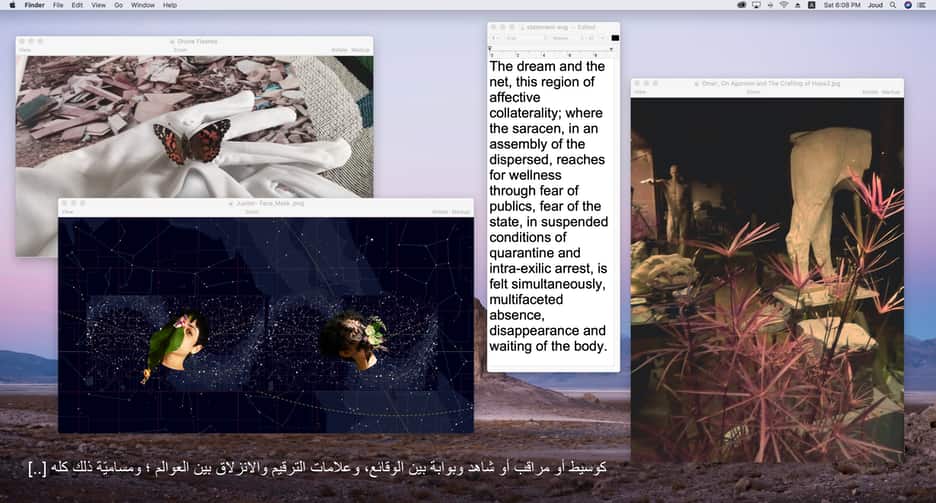
‘Internet of Things: Another World is Possible’, 2020
Online
Internet of Things: Another World is Possible
Stephanie Bailey
The ‘next transformation’ is well underway, and the stakes are in favour of those who have the resources to seize the (technological) means of our (behavioural) production.

Anna Engelhardt, Adversarial Infrastructure, 2020
Film
DEMO Moving Image Festival
Maja and Reuben Fowkes
Will the pandemic further entrench populism, shoring up plutocracy and delaying the response to the climate emergency or, more positively, might the crisis set in motion a planet-saving ecological transition?
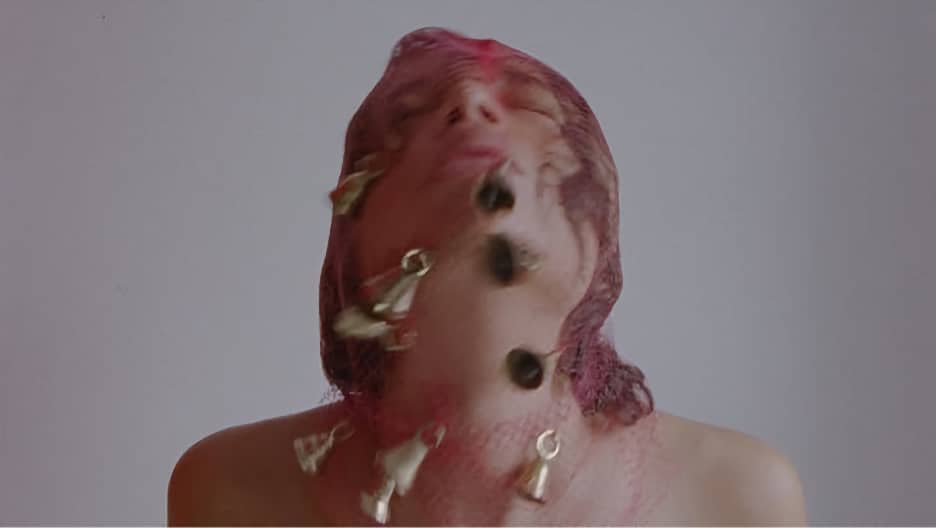
Phoebe Collings-James, Mother Tongue, Mother Master, 2018
Film
Grounded: A Season of Screendance
Laura Jacobs
This collection of artists’ moving-image work rooted in traditions of collective bodily performance and choreography has been reimagined to address the issues of confinement, loneliness and social inequality that have been thrown into stark relief by the Covid-19 pandemic.

Shenece Oretha, Called to Respond, 2020
Sound
Shenece Oretha: Called to Respond
Emmanuel Balogun
By rerouting the term ‘call and response’ into ‘called to respond’, Oretha sets out a dynamic that brings to mind the languages of master and slave.
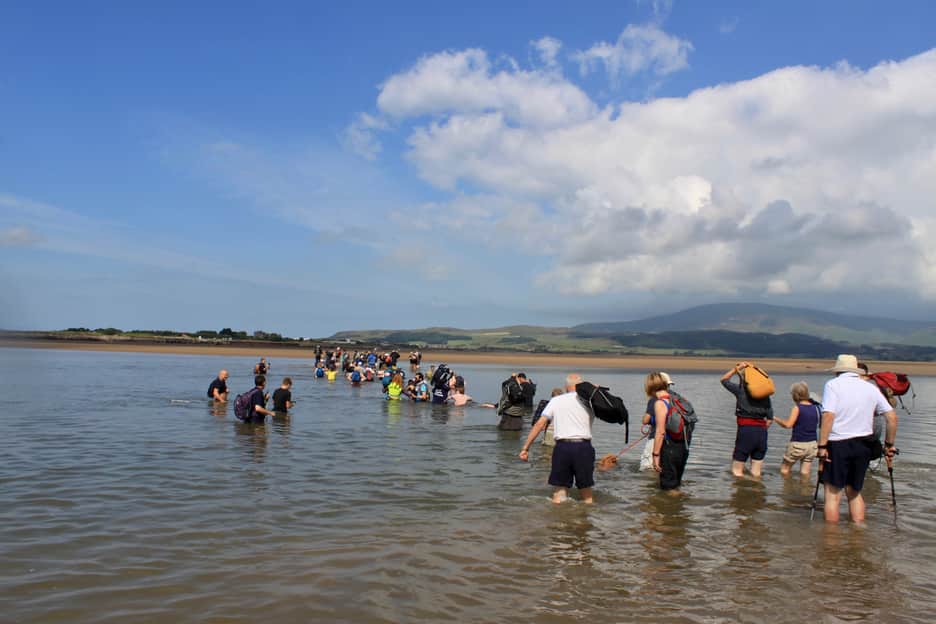
a walk across Duddon Estuary, 2019, part of Art Gene’s ‘Extreme Views’ programme
Reports
Restorative Futures
Sarah Perks argues that grassroots artist-led projects provide a positive model for addressing today’s challenges while avoiding predatory regeneration schemes
There is a whiff of a colonial centre-periphery relationship in the rhetoric of instrumentalised engagement and assumed lack of a local cultural infrastructure.
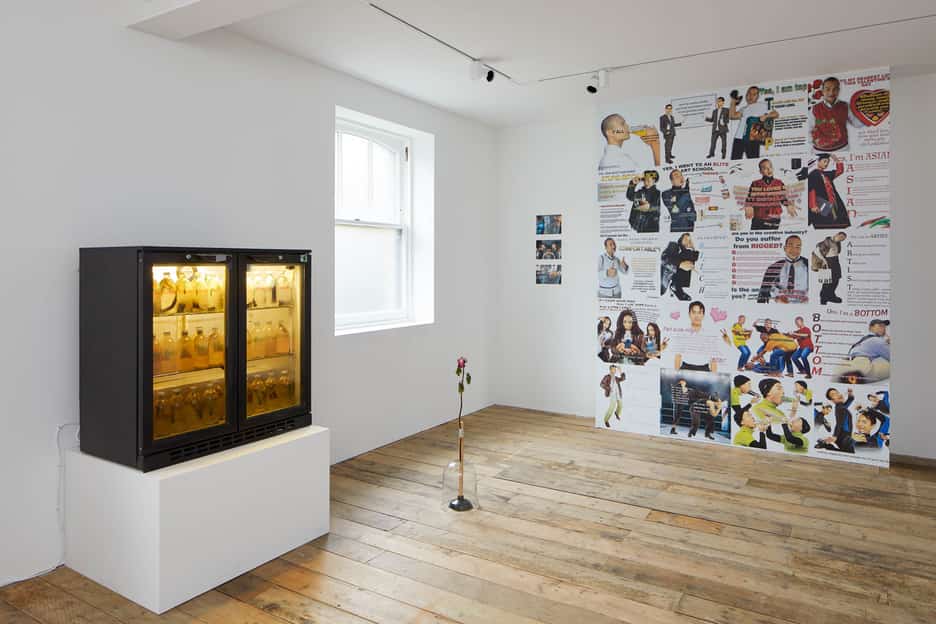
‘Working Progress’ installation view, 2020, South London Gallery
Reports
Staff Shows
To show or not to show? Often an afterthought and seldom reviewed, staff shows can be problematical argues Henry Broome
Whereas organisers may occupy administrative, supervisory or mid-management positions, exhibitors in staff shows tend to work in entry level, front-of-house jobs (invigilators, shop assistants, baristas etc), which can be deeply unfulfilling, dull, sometimes demeaning – and precarious.
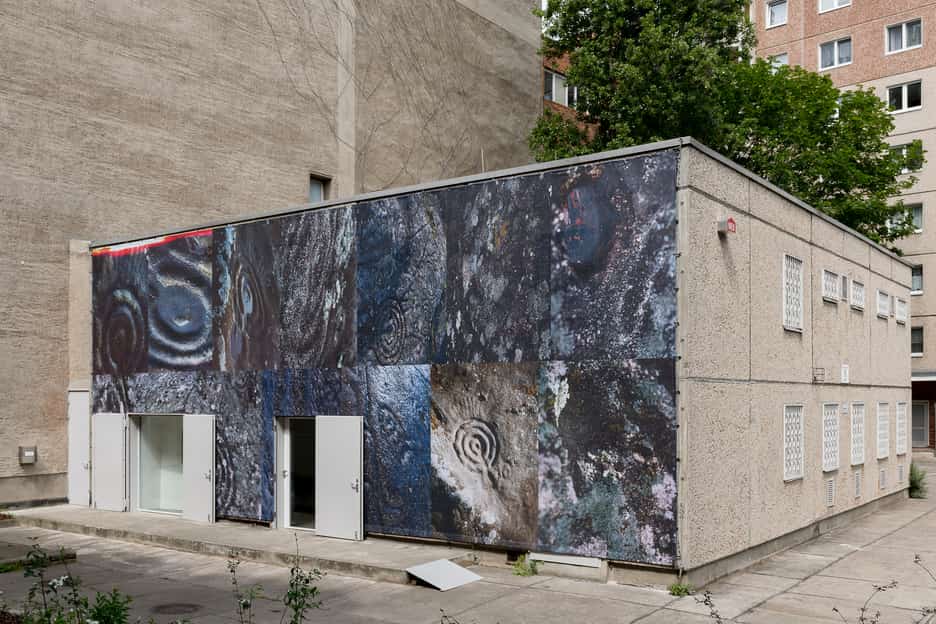
Josephine Pryde, Exterior, Night, Day, 2020, Galerie Neu
Letter from Berlin
The Altered Moment
Martin Herbert
Natascha Sadr Haghighian may have cogent points to make, but she is making them in the upstairs room of a gallery with a self-selecting audience, in near-inscrutable code. John Heartfield, you suspect, wasn’t reaching just the people who bought his magazines but anyone who glanced at a newsstand.
Artlaw
Anti-Flipping
Henry Lydiate
In the event, Destinee Ross-Sutton became more disruptor than collaborator, persuading Christie’s to execute artists’ sales by requiring would-be purchasers to sign a written sales contract with terms and conditions reflecting Ross-Sutton’s ‘fair share’ mission.

